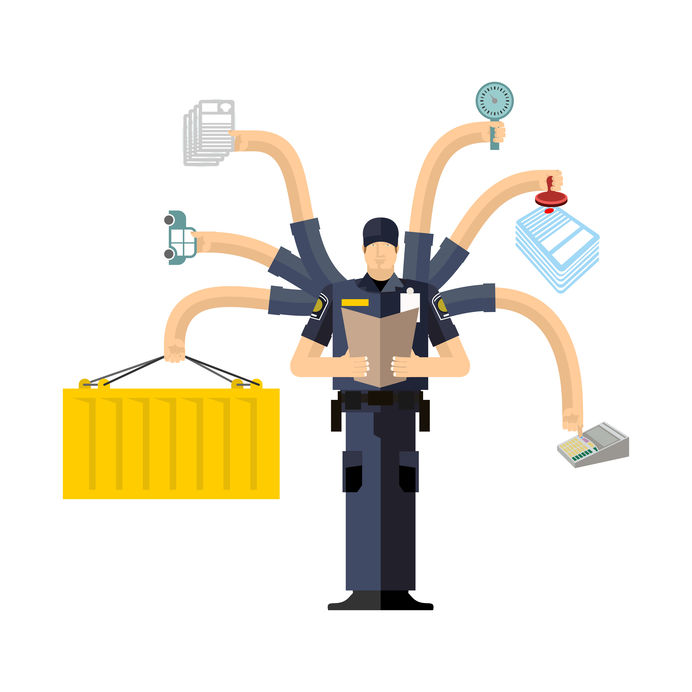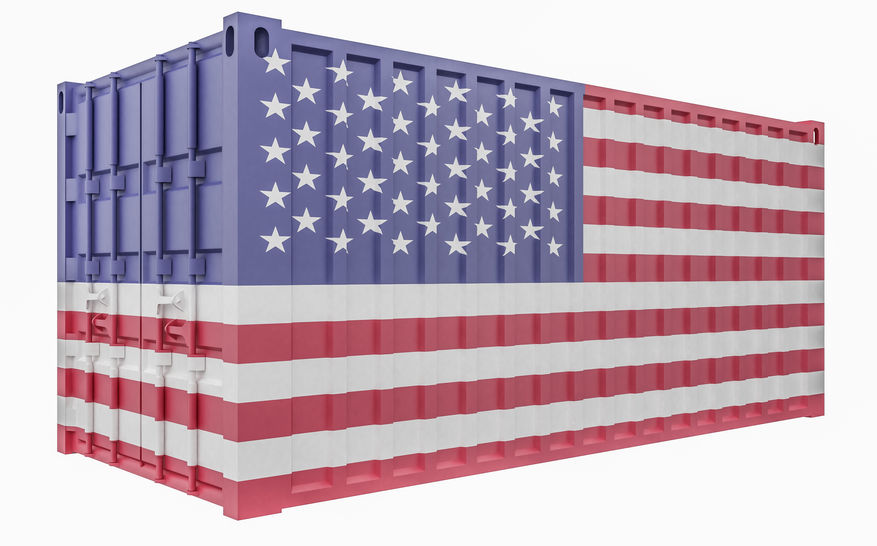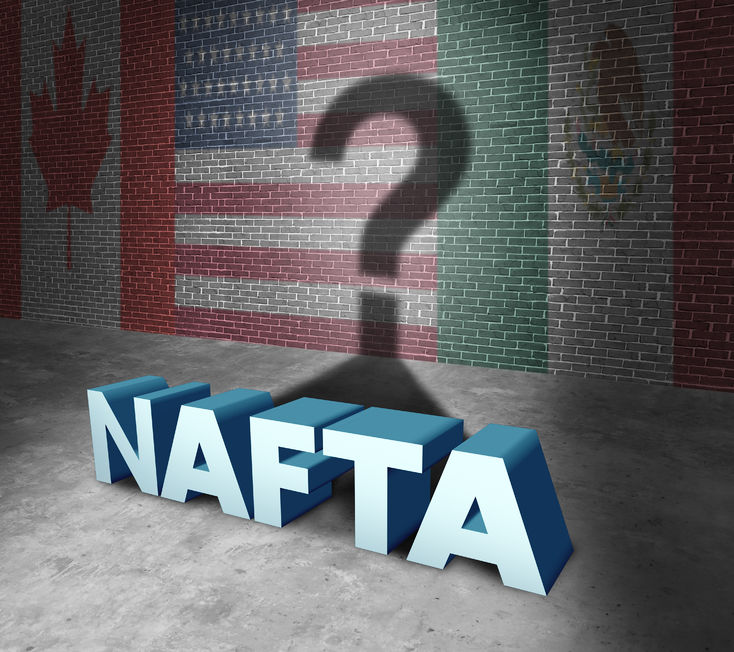Is it my imagination… or is Customs getting smarter?

Have you ever experienced inconsistency at the hands of U.S. Customs? Ever had shipments of similar or even identical goods classified differently at different ports of entry? Chances are, you have. Here's why: Customs Has Been Known to Be Inconsistent This isn't really that surprising, given that import assessment.
Ordering offshore for the first time? Here’s what you should know.

Many businesses today source offshore to take advantage of lower prices or to obtain goods unavailable in North America. The savings can be significant: sourcing from China, for example, can reduce product costs by as much as 75% - or even more (1). However, there also may be different financial requirements, export.
Chapter 2: Importing into the U.S. - Change is in the air

Regulatory changes related to border enforcement were signed into law in February of this year under the TFTEA (Trade Facilitation and Trade Enforcement Act). All indications are that enforcement at the U.S. border is on the rise already, and this trend is likely to continue.
Chapter 1: Importing into the U.S. – The “Mod Act”: Compliance and Penalties

The U.S. Customs Modernization Act (the “Mod Act”) is part of the North American Free Trade Agreement (NAFTA) Act and pertains to improving compliance and enforcement with U.S. customs laws. Among other things, the Mod Act places legal responsibilities on the importer for declaring all relevant information with.
Free Trade Agreements: Rich with opportunities for those in the know

In today’s fast-paced and evolving global marketplace, countries are increasingly turning to free trade agreements (FTAs) to enrich their relationships with important trading partners. Since the signing of the North American Free Trade Agreement (NAFTA) in 1994 by Canada, the U.S. and Mexico, Canada has entered into.
Cole International Launches Another Industry First

Cole International now offering new Free Trade services. See Press Release. List of FTA Countries.
Part 2: U.S. Customs Non-Compliance. Penalties vary, but none of it is good for business.

U.S. Customs and Border Patrol (CBP) assesses penalties based on level of culpability (degree of fault), which has three different designations. In decreasing order of magnitude, these are: fraud, gross negligence and negligence.
Part 1: U.S. Customs Compliance. It’s important. What’s involved?

Importing and exporting commercial goods across the Canada-U.S. border can be a complex endeavour. Doing it right requires a solid understanding of and strict adherence to a litany of government regulations overseen by government agencies on both sides of the border. On the American side, U.S. Customs and Border.
The Dreaded Audit

So you’re being audited by the Canada Border Services Agency (CBSA)… Now what? Here, we dive into what happens with a CBSA audit. Audits are Often Inevitable Anyone who ships items across the Canada-U.S. border should be aware that, at some point, they are likely to be targeted for a CBSA audit. “For every customs.
NAFTA Certificates Are More Than Just a Document: The Impact of Non-Compliance

*USMCA/CUSMA replaced NAFTA on July 1st, 2020. Read More... The North American Free Trade Agreement (NAFTA) has been in place for over 20 years. It allows importers to benefit from duty free rates when goods are traded between Canada, Mexico and the United States. The agreement is somewhat convoluted though, and often.

Latest Articles
- Navigating Freight Quotes: Best Practices for B2B Success and the Hidden Risks of Cheap Providers
- Explainer: Shipper's Letter of Instruction (SLI) for U.S. exports
- Successful Black Friday logistics and supply chain planning
- Bi-weekly Freight Updates - November: latest news and updates on the worldwide supply chain
- Explainer: Customs bonded warehouses for Canada imports
